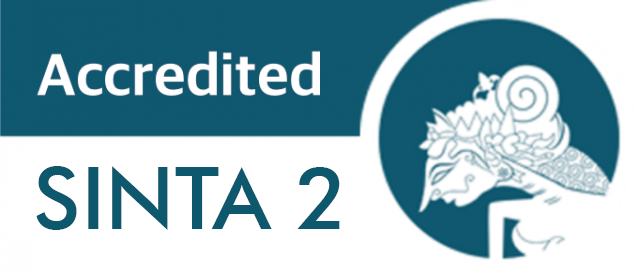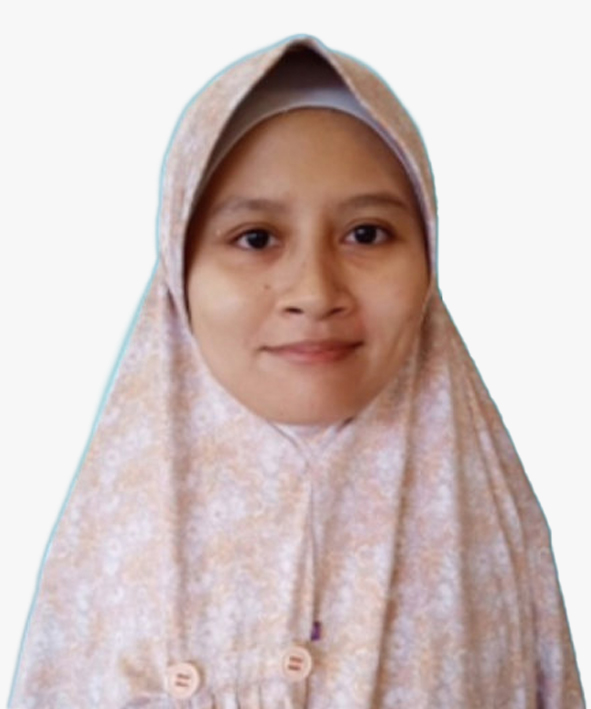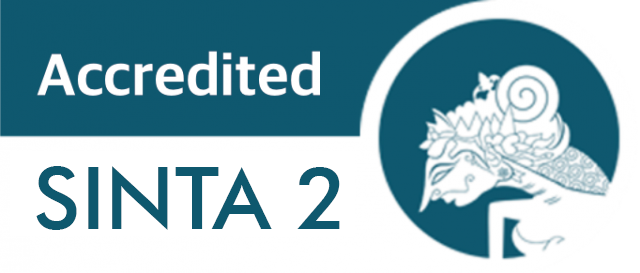Correlation between Groupwork Skills and Social Loafing Antecedents among Undergraduate Students
Downloads
Introduction: Collaborative learning in academia is imperfect, as challenges such as uneven group participation may arise. Research on group work skills and social loafing in the academic context is also limited, particularly in higher education settings in the Philippines. The primary objective of this study was to examine the relationship between group work skills and antecedents of social loafing among Filipino undergraduate students in their collaborative academic pursuits. This study primarily investigated how the group work skills of individuals engaging in social loafing influence their behaviors and those of peers. Methods: Data were collected from 410 Filipino undergraduate students (n = 410) attending both public and private higher education institutions (HEIs) in the National Capital Region (NCR). Participants willingly completed an online survey using Google Forms. Results: Using Pearson’s correlation coefficient, the study identified a weak yet significant negative correlation between group work skills and social loafing antecedents (r(408) = -.26, p < .001). Conclusion: The paper offers valuable insights into the dynamics of social loafing and underscores the importance of teamwork in academic settings. It emphasizes the significance of adopting a comprehensive approach to enhance group performance, emphasizing personal accountability, fair task allocation, and cultivating a constructive and stimulating social environment.
Copyright (c) 2025 Franz Jerby Delos Santos, Marie Chiela Malcampo

This work is licensed under a Creative Commons Attribution-ShareAlike 4.0 International License.
1. Copyright of this journal is possession of the Author, by the knowledge of the Editorial Board and Journal Manager, while the moral right of the publication belongs to the author.
2. The journal allows the author(s) to retain publishing rights without restrictions.
3. The articles are published under a Creative Commons Attribution Share-Alike (CC BY-SA) license. Many research funding bodies prefer the CC BY-SA license because it allows for maximum dissemination and re-use of open access materials. Users are free to share (copy, distribute, and transmit) and remix (adapt) the contribution under this license, including for commercial purposes, as long as they attribute the contribution in the manner specified by the author or licensor.
























